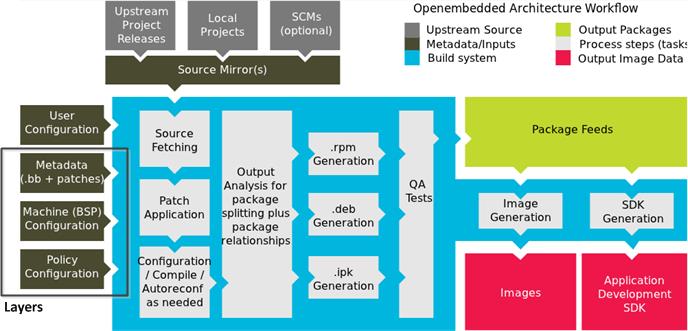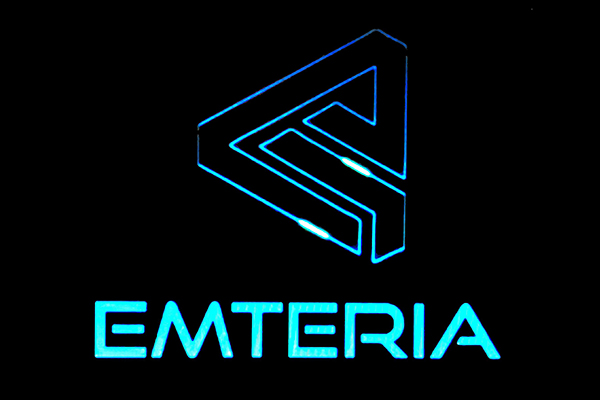The Yocto has become the preferred framework for developing embedded Linux distributions in industrial settings due to its ability to address unique challenges efficiently. Yocto offers a unified environment for creating customized Linux images, regardless of hardware architecture, which has significantly streamlined the development process.
Before Yocto, the embedded Linux landscape was fragmented, with each hardware vendor employing its own build system. This led to tedious development cycles as developers had to start from scratch for each project. Yocto’s introduction marked a shift by offering a standardized approach to development, supported by a collaborative ecosystem.
What Is Yocto?
The Yocto Project is an open-source collaboration project initiated by the Linux Foundation, aimed at simplifying the software development process for Linux distributions. Specifically tailored for embedded and IoT applications, By providing a set of tools, templates, and methodologies, Yocto empowers developers to create custom Linux-based systems for embedded devices.
Overview of the Yocto Framework
At the core of the Yocto framework lies a modular architecture comprising various layers, each tasked with specific functions:

- Metadata: User-supplied files containing build-specific information.
- Machine/BSP Layer: Tailored configurations for specific hardware targets.
- Distro Layer/Policy Configuration: Top-level policies for specific distributions.
- OpenEmbedded Build System: The backbone responsible for image generation and task execution.
- BitBake: Parses metadata and generates task lists for building images.
- Poky Build System: A reference distribution and test configuration validating Yocto components.
The Benefits of Yocto in Industrial Embedded Solutions:
The widespread adoption of Yocto in the industrial embedded solutions is evident through the endorsement of leading industry stakeholders such as Intel, Texas Instruments, Dell, and Wind River. The benefits offered by Yocto are manifold, making it the framework of choice for industrial embedded solutions:
- Modular Architecture and Easy Customization: Yocto’s layered infrastructure simplifies customization and facilitates component reuse.
- Community Support and Collaboration: An active community fosters collaboration and knowledge sharing, aiding developers.
- Flexibility and Accessibility: Being open-source, Yocto offers extensive flexibility and accessibility to source code repositories and tools.
- Streamlined Development Process: Yocto’s standardized approach reduces time-to-market and development costs, ensuring timely updates and security fixes.
- Support for Tools and SDKs: Yocto’s ecosystem supports pre-tested toolchains and SDKs compatible with various platforms and architectures.
- Simplified Linux Porting: Yocto simplifies the process of porting Linux to new hardware architectures, enabling seamless migration.
Yocto is becoming a standard operation because permit to release shrink and fully customized version for embedded solutions. Geniatech, as an Industrial Embedded Solutions provider, recognized the potential of Yocto and has provided a range of Yocto solutions for developers, including NXP and Renesas platforms. Furthermore, Geniatech intends to extend Yocto support to Rockchip platforms such as RK3568 and RK3588. These Rockchip platforms are becoming industrial platform that could compete with NXP solutions like IMX8M / IMX8M+ and other platform as well from NXP.

